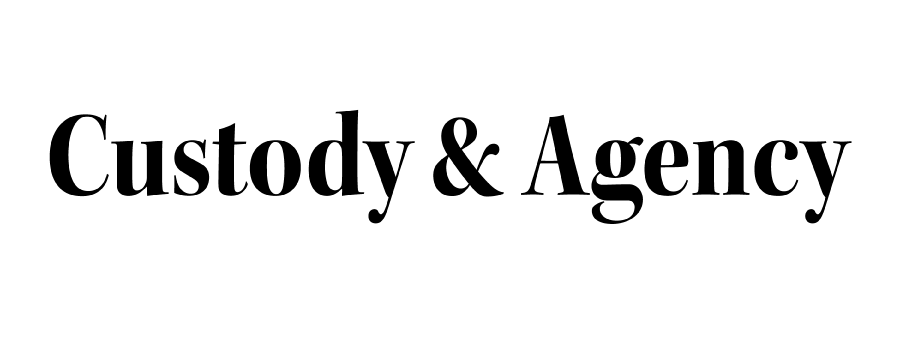I. Introduction
- Overview of the importance of ethical medical marketing practices.
- Brief explanation of the regulatory bodies overseeing medical marketing.
II. General Guidelines
- Accuracy and Truthfulness: Requirements for accurate and truthful advertising of medical services, treatments, and products.
- Avoidance of Deception: Prohibition of deceptive or misleading claims in medical marketing materials.
- Professionalism: Standards for maintaining professionalism and ethical conduct in medical advertising.
III. Advertising Content Restrictions
- Testimonials and Endorsements: Guidelines for using patient testimonials and endorsements in medical marketing.
- Before-and-After Imagery: Regulations regarding the use of before-and-after images in medical advertising.
- Comparative Claims: Restrictions on making comparative claims against other healthcare providers or treatments.
- Claims of Superiority: Prohibition of claims suggesting superiority without substantiated evidence.
IV. Patient Privacy and Confidentiality
- HIPAA Compliance: Requirements for maintaining patient confidentiality and adhering to HIPAA regulations in marketing materials.
- Informed Consent: Guidelines for obtaining patient consent when using their information in medical marketing.
V. Pharmaceutical and Medical Device Advertising
- FDA Regulations: Overview of the FDA regulations governing pharmaceutical and medical device advertising.
- Promotion of Off-Label Use: Restrictions on promoting off-label use of medications or devices.
VI. Online and Digital Marketing
- Website Content: Guidelines for accurate and truthful representation of medical services on websites.
- Social Media Guidelines: Regulations for healthcare professionals engaging in social media marketing.
VII. Enforcement and Penalties
- Explanation of consequences for non-compliance with medical marketing regulations.
- Information on regulatory bodies responsible for enforcing these regulations.
VIII. Resources and Further Information
- FDA (Food and Drug Administration): The FDA provides comprehensive guidelines on pharmaceutical and medical device advertising, including regulations on prescription drug promotion and marketing materials.
- FTC (Federal Trade Commission): The FTC offers guidance on truthfulness and transparency in healthcare advertising, emphasizing fair competition and consumer protection.
- HIPAA (Health Insurance Portability and Accountability Act): HIPAA provides regulations and guidelines regarding patient privacy, confidentiality, and the use of protected health information (PHI) in marketing.
- AMA (American Medical Association): The AMA offers ethical guidelines and resources for physicians and healthcare professionals in medical advertising, emphasizing honesty, professionalism, and patient welfare.
- AAFP (American Academy of Family Physicians): AAFP provides guidance on ethical standards in medical marketing and advertising, focusing on patient-centered care and professional integrity.
- AAMC (Association of American Medical Colleges): AAMC offers resources on ethical marketing practices in medical education and healthcare delivery, focusing on academic medical institutions’ standards.
- ASHA (American Speech-Language-Hearing Association): ASHA provides guidelines for ethical marketing practices for speech-language pathologists and audiologists, ensuring patient well-being and professional integrity.
- ACOG (American College of Obstetricians and Gynecologists): ACOG offers resources and guidelines related to ethical marketing practices in women’s healthcare, emphasizing patient education and advocacy.
- ACCME (Accreditation Council for Continuing Medical Education): ACCME provides guidelines on ethical marketing practices for continuing medical education providers, ensuring quality education and unbiased content.
